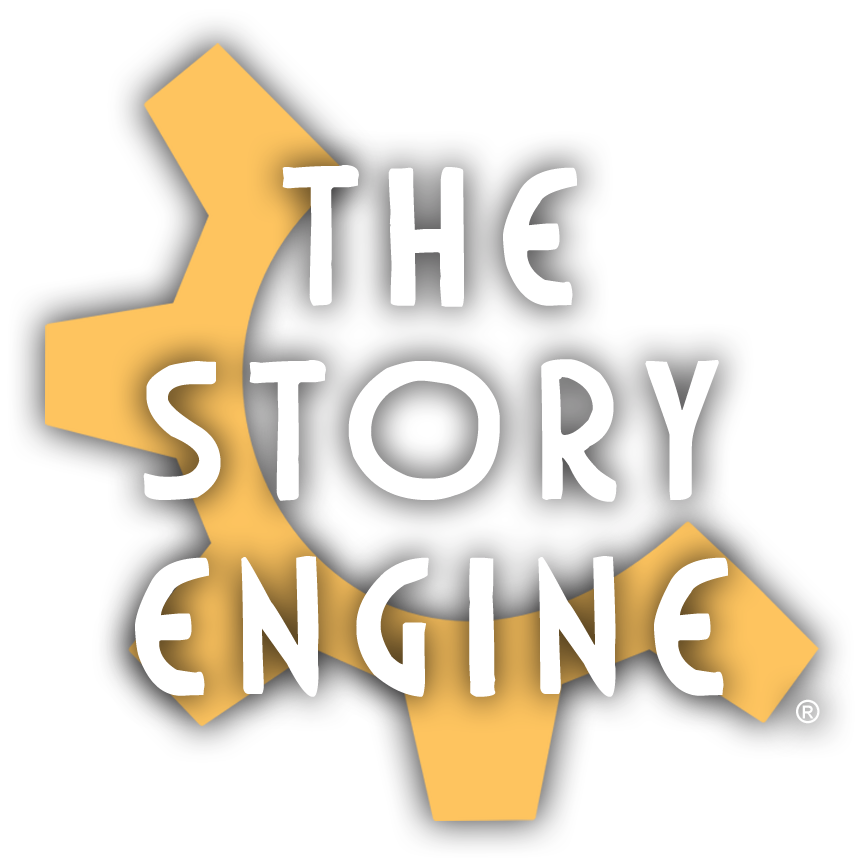by Miroki Tong
Sometimes worldbuilding is about more than words - especially when you’re composing music in a genre like opera metal. There are so many big and little elements that need to work together to create the right effect, and wrangling them can be a task. How does one get started?
In my case, my sixteen-year-old self realized very quickly that I was signing up for something far more complex than simple, linear melodies, not if I wanted to be an opera metal artist. I imagine the greatest composers of our time, like Mozart and Beethoven, and I simply can’t comprehend how they were able to conceptualize whole symphonies with unique ornamentations and solos for different instruments and voices while still maintaining a unified construct.

Our CEO on a weekday vs our CEO on a weekend.
I can tell you that when I compose, no such epic symphony is happening in my head. Most of the time, one little earworm of a melody captures my attention, typically the beginnings of a chorus or verse. What comes next is usually my version of writer’s block, except it’s with music instead of words. For one of my earliest songs, I had the chorus written for over 4 years before we came up with the verse’s melody! Of course, when it finally happened, it took less than a piddly 30 minutes. Que sera sera.
Another music rut I get trapped in is using the same rhythms, intervals, or melodic passages repeatedly, my mind unable to break free of the composition loops it gets stuck in. You know how sometimes you get a tune stuck in your head? It’s like that, except the tune doesn’t sound good. If you’re a writer, you might get a similar feeling if you find yourself falling back on the same turns of phrase. Are all your characters saying, “That’s swell!” every other page? You know you should mix up your vocabulary, but it’s hard to think of alternatives when you’re on the treadmill.

I’ve learned that this is when I should walk away. Like ruminations of the monkey mind, it’s easy to get lost and wallow in these whirlpools. One exercise I have developed for myself is to listen to different songs before I set to writing music. I find listening to other creators inspires me, challenges my own songwriting patterns, and opens my mind to new ideas.
As for the lyrics? A lack of words is usually not the issue for me when it comes to songwriting. Rather, it is the streamlining of words into concise lyrics. If you think about the structure of a song, there aren’t that many words available to get your story across, especially when you realize at least one third of it is a repeating chorus. My ever-burning internal monologue goes something like, “When do repeated words sound impactful? When does it sound redundant? Should it rhyme? Oh shite I used the same fancy word in 3 songs!”
For a future song, I’d love to employ The Story Engine Deck. It’s a natural tool for expanding vocabulary, and I think it will help me refine concepts, escape lyrical ruts, and more effectively position themes of love, hate, tragedy, life, and the universe. It applies to all creatives, but when it comes to song lyrics, the resounding words “Edit! Edit! Edit!” are always top of mind.

While I’ve certainly had to meet deadlines for some of the songs I’ve composed, I’ve also learned to trust the process. I’ve had songs done and dusted in a matter of weeks. Others have taken years. I’ve even gone back to tweak a song long after I thought it was finished. Depending on the type of music you write, it may also be highly collaborative, bringing in other musicians, a producer, and so forth. Trusting your team to bring their expert skills to the table and being curious about the flourishes they add to your work is what will lead to the best alchemy.
I’ve also learned to trust my own voice and creations. I got in the way of my younger self a lot, second guessing the quality of my work, and whether it met the “framework” of the genres I wanted to compose in. There is nothing like seeing bands or songwriters I admire put out something similar to realize I should spend less time self flagellating, and just doing instead!
Not everyone is going to like your creation. That’s a fact. And that’s ok. After all the edits and all the feedback, at the core, it’s your form of expression. You get to choose how you want to share a vulnerable part of yourself with the world. No one will create something with just that blend of spice that only you bring to the table, so season liberally!
Miroki is the CEO of The Story Engine, and also performs music as Mahjong Witch. Her second single, The Edge of Life, is out now on YouTube, Spotify, and other major music platforms.
